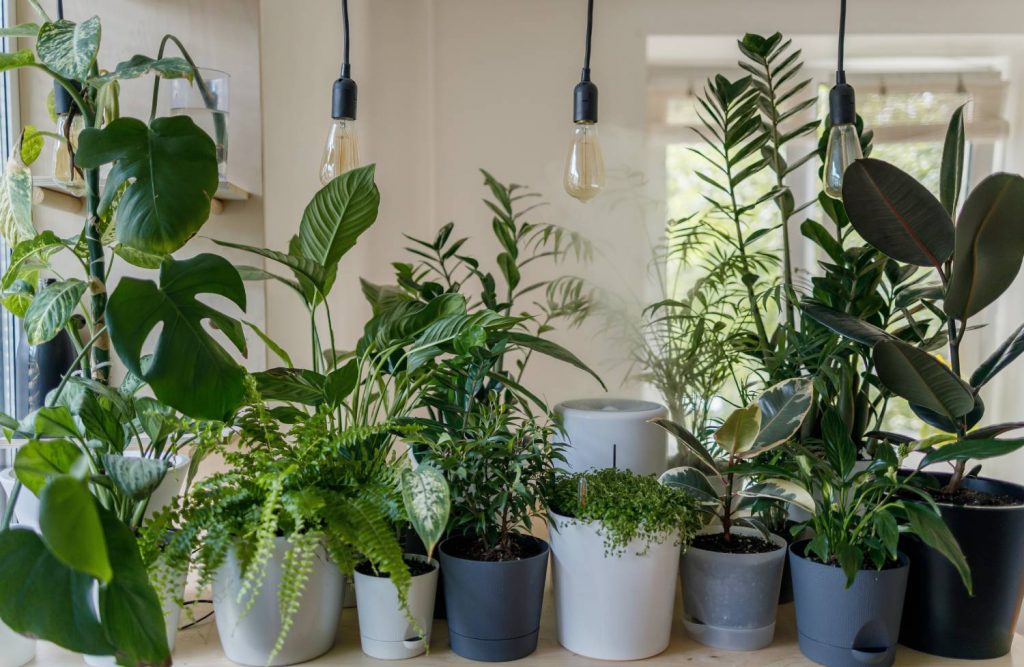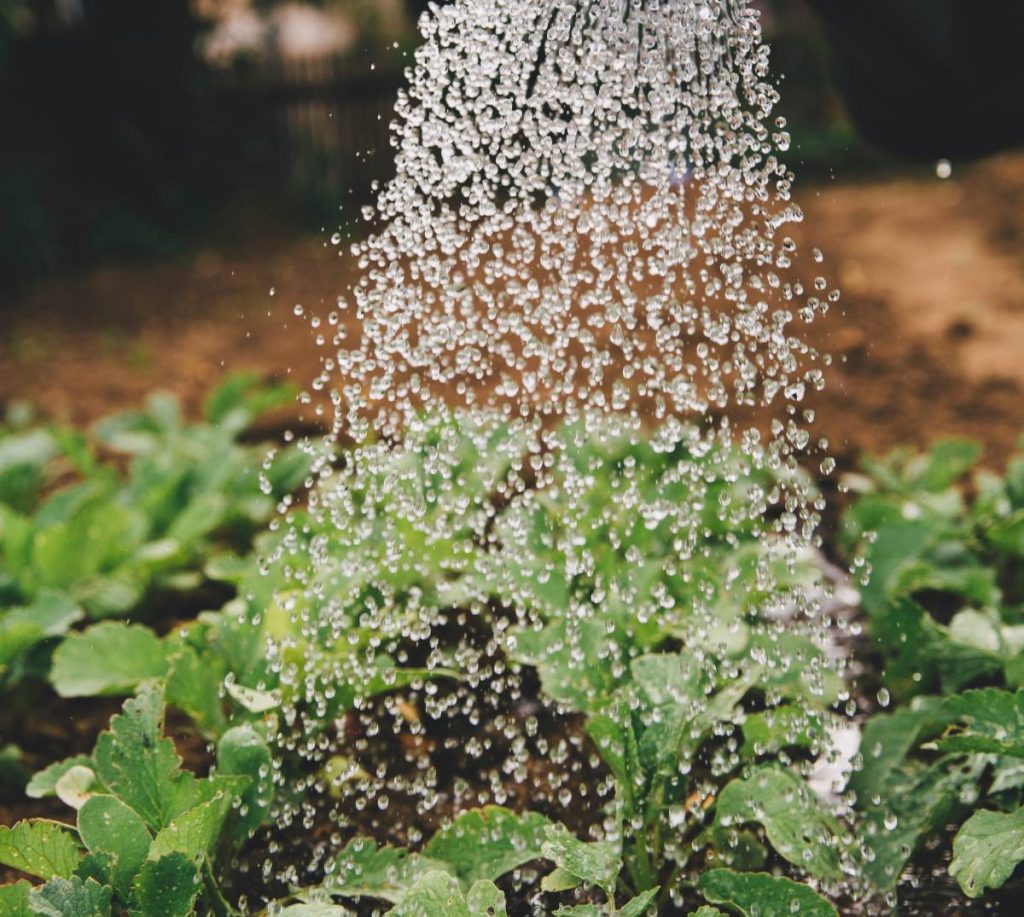The NPK Breakdown: What Your Plants Need and How to Provide it

When it comes to fertilizing your plants, understanding the basics of NPK can be incredibly helpful. NPK stands for Nitrogen, Phosphorus, and Potassium, which are the three primary macronutrients that plants need to thrive. Each of these elements plays a specific role in the growth and health of your plants.
If you’re looking for an NPK fertilizer, you can find a wide variety of options available on Amazon. Be sure to read the label carefully and choose a fertilizer that is appropriate for the specific needs of your plants.
Nitrogen is essential for leaf growth and the overall health of the foliage. It’s the element that gives leaves their green color and helps them to grow strong and thick. Without enough nitrogen, your plants may appear yellow and weak.
Phosphorus is important for root growth and the overall health of the plant. It helps to promote healthy root systems and strong growth. Without enough phosphorus, your plants may have stunted growth and weak root systems.
Potassium is essential for overall plant health and vigor. It helps to improve the plant’s resistance to disease and stress, and it plays a key role in the process of photosynthesis. Without enough potassium, your plants may appear weak and lack the energy to thrive.
When choosing a fertilizer, it’s important to understand the NPK ratio. This ratio will give you an idea of the proportion of each of the three primary macronutrients that the fertilizer contains. For example, a fertilizer with an NPK ratio of 10-5-5 contains 10% nitrogen, 5% phosphorus, and 5% potassium.
There are many different types of NPK fertilizers available on the market. Some are organic, while others are synthetic. Organic fertilizers are made from natural materials such as bone meal, blood meal, and kelp meal. Synthetic fertilizers, on the other hand, are made from inorganic materials such as ammonium nitrate, superphosphate, and potassium chloride.
When it comes to choosing the right NPK fertilizer for your plants, it’s important to consider the specific needs of your plants. Some plants require higher levels of certain nutrients than others. For example, flowering plants may require more phosphorus than other types of plants.
In conclusion, NPK is important to understand when it comes to fertilizing your plants. It is the ratio of Nitrogen, Phosphorus, and Potassium that fertilizer contains and each of these elements plays a specific role in the growth and health of your plants. Understanding the NPK ratio can help you choose the right fertilizer for your plants. You can find many different types of NPK fertilizers available on Amazon, be sure to read the label carefully and choose a fertilizer that is appropriate for the specific needs of your plants.




